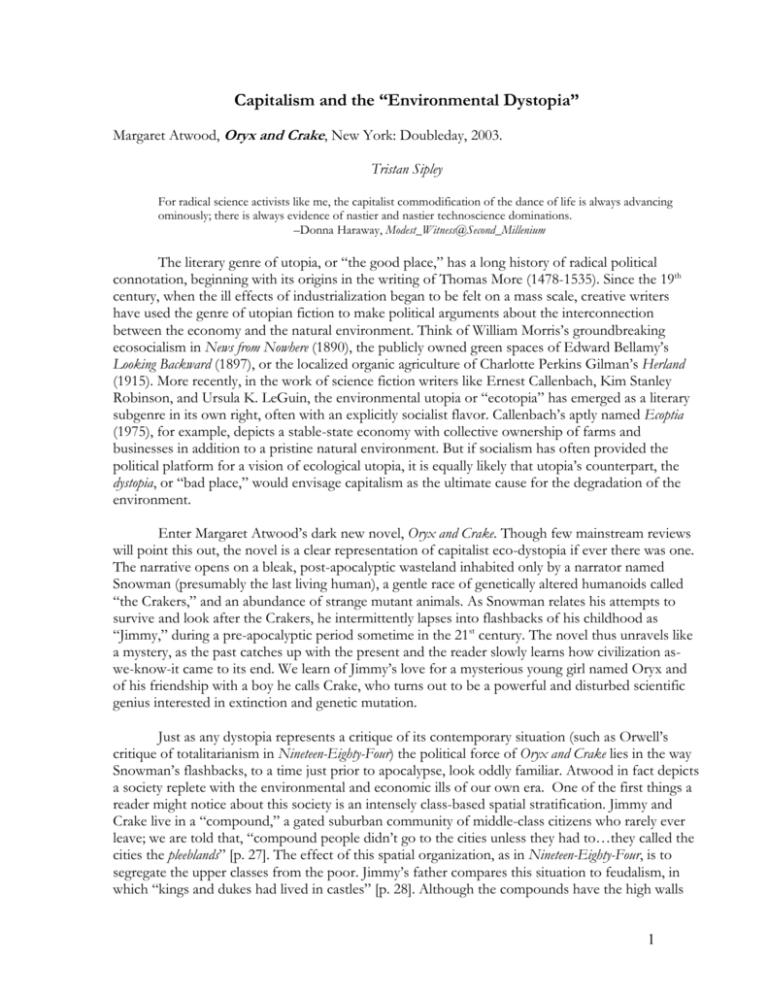


In terms of another modern genre, they’ve terraformed it perfectly. It’s developed what Vandyke finds is an entirely acceptable science, from astronomy to physiology, but where it has really excelled is agriculture, turning its limited environment into a veritable Garden of Eden (no accident that surely), in which every tree produces a crop and lives in managed harmony with is environment. ‘We have no laws over a hundred years old, and most of them are under twenty’.” The society is a democracy, if rather too fond of the decisions of the elders for modern tastes. It’s a society that’s constantly striving to perfect itself: “Moadine told him. Is Jeff, the expedition doctor and science lover, the sensitive, poetic type not entirely at home in his own society. The atypical man, the one who finds himself at home in Herland, The character who is a symbol of the “typical” man of his age, and the one who fails utterly to cope with a society where women aren’t automatically his prey, is Terry, who supplies the aircraft and the funds for the expedition into this hidden land, sealed off by a volcanic eruption some two millennia previously.

The narrator is Vandyke, clearly the most sensible and level-headed of the three it’s a marker of the age of the text, and its liberal origins, that he’s trained in sociology. There’s something delightfully ironic about the creation, for there’s no doubt her world, an all-female one getting along very nicely thank you, would have horrified the original creator of the form, Sir Thomas More, and indeed it initially horrified her three main characters, men of her own time, who in best traditional style, set out to explore this unknown, mysterious land.

Charlotte Perkins Gilman’s Herland, published in 1915, created a new sub-genre, the feminist utopia.


 0 kommentar(er)
0 kommentar(er)
